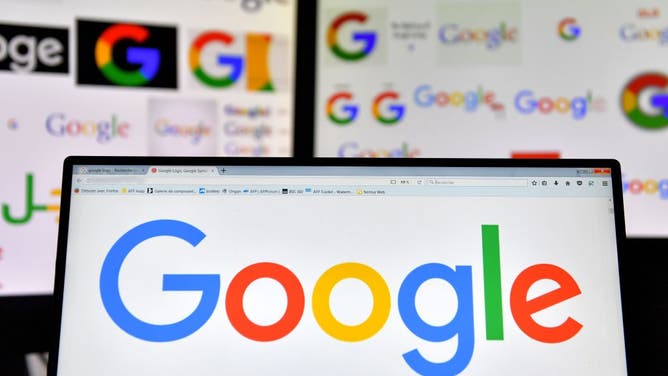We support our Publishers and Content Creators. You can view this story on their website by CLICKING HERE.
“Yeah. On the list of things to do,” Elon Musk told an X user this week, asking him to create an alternative to the Gmail email service. Musk last teased creating an email app called “Xmail” in February by telling another user that “It’s coming.”
Currently, Gmail commands 76 percent of the email market share in the United States. Bug-ridden alternatives Yahoo Mail (18 percent) and Outlook (14 percent) are distant second and third.
It’s Gmail and everyone else, leaving parent company Alphabet Inc. with little concern for competition. If you are worried about email spying, data collecting, and intrusion – understand that Google knows you don’t have any better options.
Xmail, or whatever Musk decides to call the app, could give users a better option. In fact, we suspect it would. But we hope Musk doesn’t stop there. An alternative to Gmail would be great. However, Google’s most valued asset is in most demand for an alternative: the Google search engine.
Google is the most powerful entity on the internet. As of September 2024, Google accounts for 90 percent of all searches in the United States. There are 8.5 billion searches on Google each day, which is about 99,000 searches per second. The average person searches Google three to four times per day. More than 66 percent of web traffic referrals come from Google, meaning most websites’ page views are dependent on Google.
Google Search’s power is nearly monolithic.
Americans see what Google wants them to see, know what Google allows them to know, and remember what Google desires them to remember. That’s horrifying. No one algorithm should wield that type of influence over free and ordinary people. But Google’s algorithm does.
And the algorithm is hardly organic.

Photo: (LOIC VENANCE/AFP via Getty Images)
Last May, Google confirmed the authenticity of nearly 2,500 leaked internal documents that allegedly belonged to the service. The documents previously in question detail data that Google tracks, which it uses to manipulate search results via its closely guarded algorithm.
In short, the documents suggested that Google manually assigns websites “authority scores” used to dictate how high a page ranks upon a search result. Where a site ranks is crucial, as only 1 percent of Google users scroll past the first page. Put simply, the sites to which Google assigns the highest authority scores have the most readers.
Which sites does Google favor? A recent AllSides study sought to find out. According to its findings, 63 percent of articles on Google News are from “left-leaning outlets,” compared to just 6 percent from “right-leaning sources.”
You don’t say.
Justice for Dr. Robert Epstein, the ostracized research psychologist who testified to the Senate Judiciary Committee in 2019 that “biased search results generated by Google’s search algorithm” shifted “at least 2.6 million votes to Hillary Clinton.” In 2020, Epstein concluded that Google shifted “at least six million votes in favor” of Joe Biden.

Elon Musk. (Photo by Jaap Arriens/NurPhoto via Getty Images)
Elon Musk doesn’t need to create a right-wing Google to counter the search engine’s mass influence. He just needs to create a search engine that is not thoroughly rigged in favor of liberal media sources – like X.
Despite what you might read on Bluesky, X is hardly a “right-wing hellscape.” X is actually more ideologically balanced than Facebook, YouTube, TikTok, Snapchat, and, obviously, Google.
This month, Pew Research data found that 48 percent of X users identify as “Democrats” and 47 percent identify as “Republicans.” In 2022, before Musk took over, 65 percent of X users identified as “Democrats,” while just 31 percent identified as “Republicans.”
No wonder Taylor Lorenz and Stephen King have flocked to Bluesky. X isn’t rigged in their favor anymore. X isn’t rigged at all. And entitled left-wing brats believe they deserve better than tech equality.
Unfortunately, the same cannot be said about any existing search engine – at least not one with the funding and foundation to compete with Google. DuckDuckGo isn’t that.
Here’s hoping Elon Musk changes that as he continues to expand his alternative tech empire.
Big Tech is corrupt.
Xmail, Xsearch, Xoom, Xchat, Xgram, Xtube – they are all needed.

 Conservative
Conservative  Search
Search Trending
Trending Current News
Current News 





